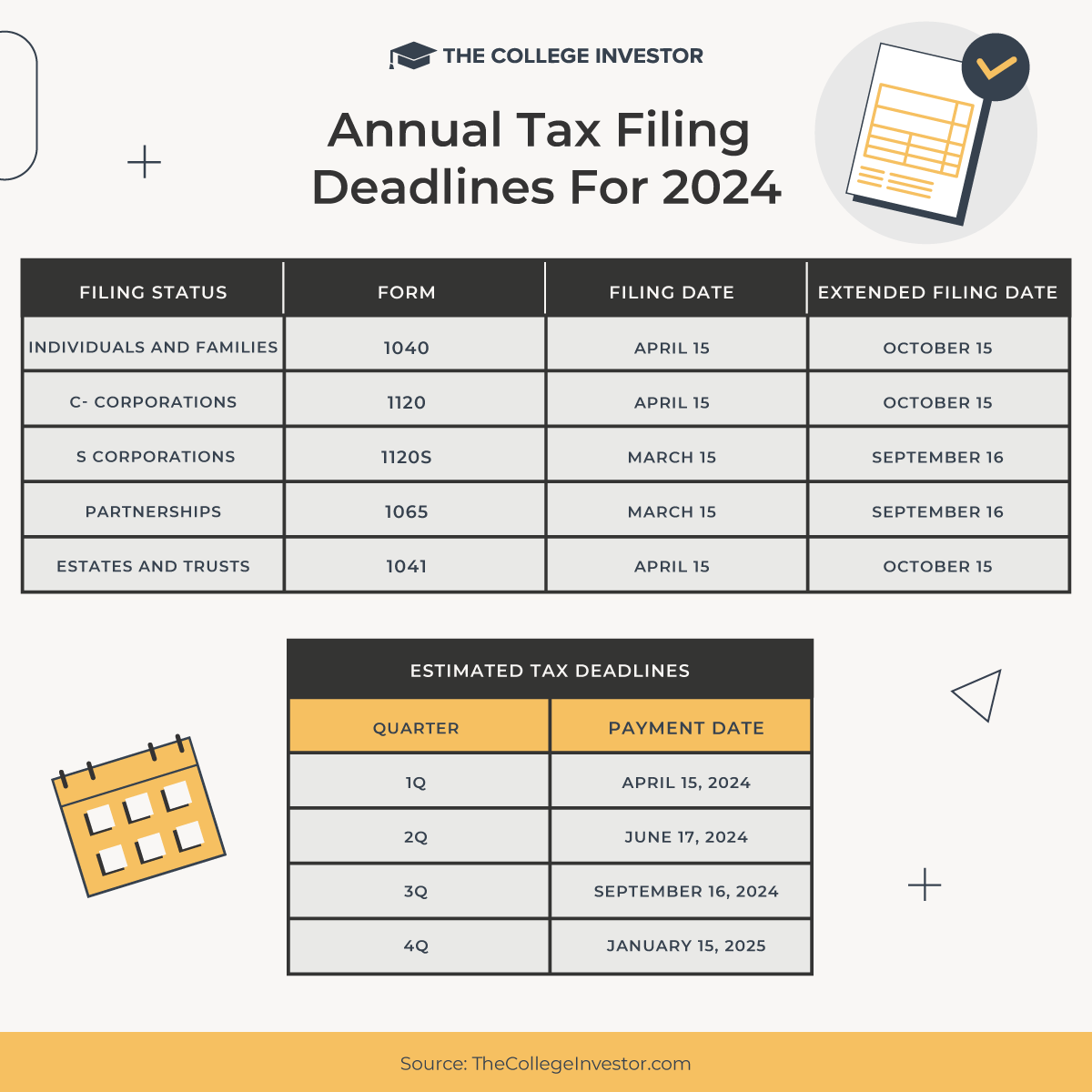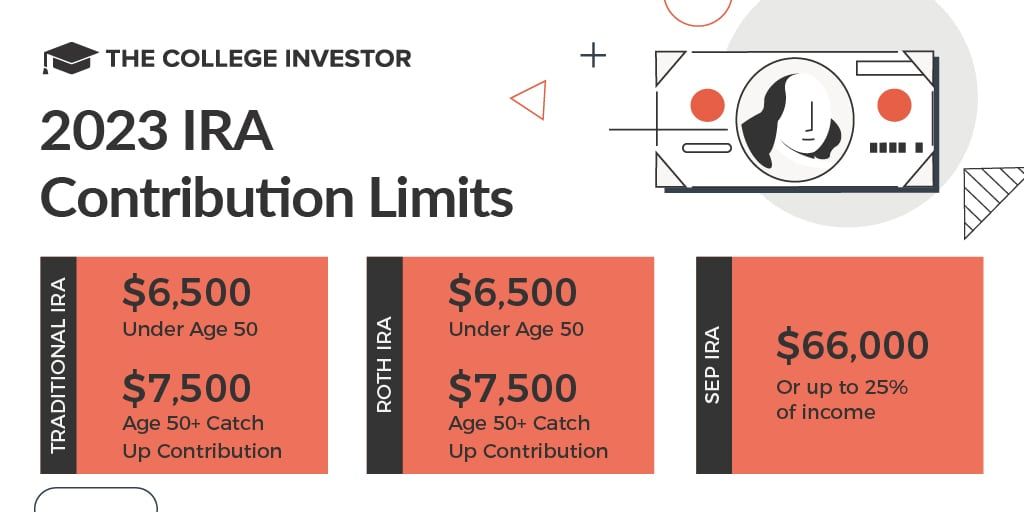
The tax deadline is approaching! Here are some last-minute tax reminders if you’re still working on filing your taxes.
Although it may not be the most pleasant financial task, it is a necessary obligation that each of us undertakes each year. And if you use great tax software, filing your taxes doesn’t take as much time as you fear.
But tax filing time isn’t just about filing returns. There are things you can do today to help save money on your tax bill and save time when filing.
Here are the best last-minute tax tips to consider this season.
Don’t miss the tax filing deadline
Firstly, the deadline for submitting tax returns will be later than “normal”. This year, most filers face a Federal tax deadline Monday, April 15, 2024.
There are a few exceptions to this if you live in a disaster area this year. See the list of IRS tax deadline extensions and a brief summary here:
- Affected Rhode Island taxpayers have until June 17 to apply
- Affected Maine taxpayers have until June 17 to apply
- Affected Michigan taxpayers have until June 17 to apply
- Taxpayers affected by San Diego, California have until June 17 to apply
Most states that charge income tax also require that the tax be paid by April 15. However, some states have later application deadlines.

Double check your return before you file
As you step up to the tax finish line, don’t rush the important details. A mistake on your tax form can lead to serious headaches.
Every year, we read stories about people who accidentally typed in their name, address or number. While tax software can help spot obvious errors, it can’t catch some mistakes, such as entering incorrect bank account information.
So don’t rush! Make sure you submit the correct Social Security number and include all necessary signatures.
We also recommend reading through various sections of your return to make sure you haven’t made a major typographical error. For example, a zero separates $8,000 and $80,000. If you enter a value incorrectly, you could understate or overstate your income, and this type of error could delay the processing of your tax return.
As you file your return, take advantage of opportunities to check your numbers. Double check that they make sense with your actual income. This is easy to do using software like H&R Block Online that offers section summaries for income, deductions and credits.
Make sure you have all your tax forms
While most people have settled into a new normal over the last year, it’s still extremely hectic. You may have claimed unemployment, received government stimulus checks, had side income or other “informal” forms of income. Here are some tax forms you shouldn’t ignore this year:
- 1099-Z: Unemployment income. Forms 1099-G provide information about unemployment income (and whether taxes were withheld from the income). While employment numbers are currently strong, many people started 2021 unemployed and need to claim that income. If you did not receive this form, you may need to go to your state’s website to find out how to request an electronic copy of the letter.
- 1099-NEC: Forms reporting non-employee income. The 1099-NEC reports non-employment income. Filers with this type of income are considered self-employed and may be eligible for all types of self-employment deductions. If you earned more than $600 from a single business entity, they are supposed to give you a 1099-NEC.
If you’re expecting late tax forms, check out this guide.
File your taxes even if you owe
Even if you owe money on your taxes, you want to file your tax return on time. Interest on late taxes is a reasonable rate, but the penalties for not filing are high and increase the interest you’ll pay on your delinquent taxes.
Filing your taxes will also help you record how much money you owe so you can make a specific plan to pay off your back taxes.
Look for legitimate discounts and credits
Great tax software makes it easy to claim legitimate tax deductions and credits. Great tax software makes it easy to itemize deductions or claim deductions for student loan interest or charitable gifts.
It also helps you find credits such as:
Don’t forget your self-employment expenses
Whether you’re a full-time freelancer or an employee, you likely have some form of self-employment income. And most forms of freelance income come with tax-deductible expenses.
Before you file, comb through your e-receipts to find expenses that count as tax deductible. Some common deductible expenses include a portion of your Internet expenses, website maintenance costs, training materials, and any direct cost of goods sold. You might be surprised at the sheer number of tax-deductible expenses found in your side hustle.
Recording these expenses allows you to claim them on your tax return. H&R Block Self-Employed Online explains some of the legal deductions so you can look up these expenses on your past credit card statements and other records.
If your side hustle is becoming a full-time job, you may also want to consider getting professional help. H&R Block has tax experts who can help you with any situation, from filing your taxes this year to the help you need to prepare for success next year.
Claim your Flexible Spending Account (FSA) Expenses.
Many employers offer Flexible Dependent Care Spending Accounts, Flexible Health Spending Accounts and other tax-deductible spending accounts. The money in your Flexible Spending Accounts is yours, but it’s up to you to claim the money in it. If you don’t claim the money by tax time, you’ll likely lose the money in those accounts, even if you put it aside yourself.
If you’re lucky, you might have a few weeks left to spend the money in the account. So get contacts, brush your teeth, or do whatever you need to do to use up that money. Then submit your receipts to get reimbursed.
Even if you can’t continue to spend, you may be eligible to submit proof of reimbursement.
Every employer has different rules about Flexible Spending Accounts, so check with your HR representative to find out what you need to do to take advantage of these funds.
Contribute to An IRA or Roth IRA
An Individual Retirement Account (IRA) is a tax-advantaged investment account designed for retirement. People who contribute to an IRA can claim a tax deduction this year for the funds they contribute. Funds can grow tax-free until you withdraw them in retirement. There are income limits associated with IRA contributions, and the maximum you can contribute is $6,500 ($7,500 for those age 50 and older). Contributions aren’t due until tax day, so this is a great way to save on taxes this year.
Roth IRAs are similar to traditional IRAs, but they don’t allow you to claim a tax deduction this year. Instead, you pay taxes on your contribution this year. Then profits and distributions are tax-free. Even though you don’t get a tax deduction, you must complete your 2023 Roth IRA contributions by April 15, 2024.

Note: You can also contribute to your HSA for 2023 until April 15, 2024.
The bottom line
As you head toward the end of tax filing season, consider taking advantage of these last-minute tax tips that can save you money. The tips above can help if you’re considering a DIY approach to filing your taxes. However, general advice is not a substitute for the help of a tax professional or tax agency. Professionals can help you with tax preparations and questions specific to your situation.

